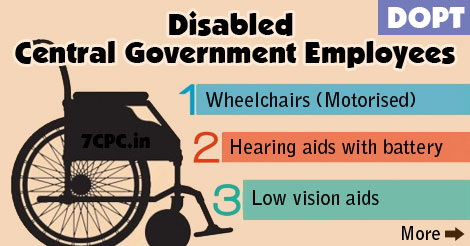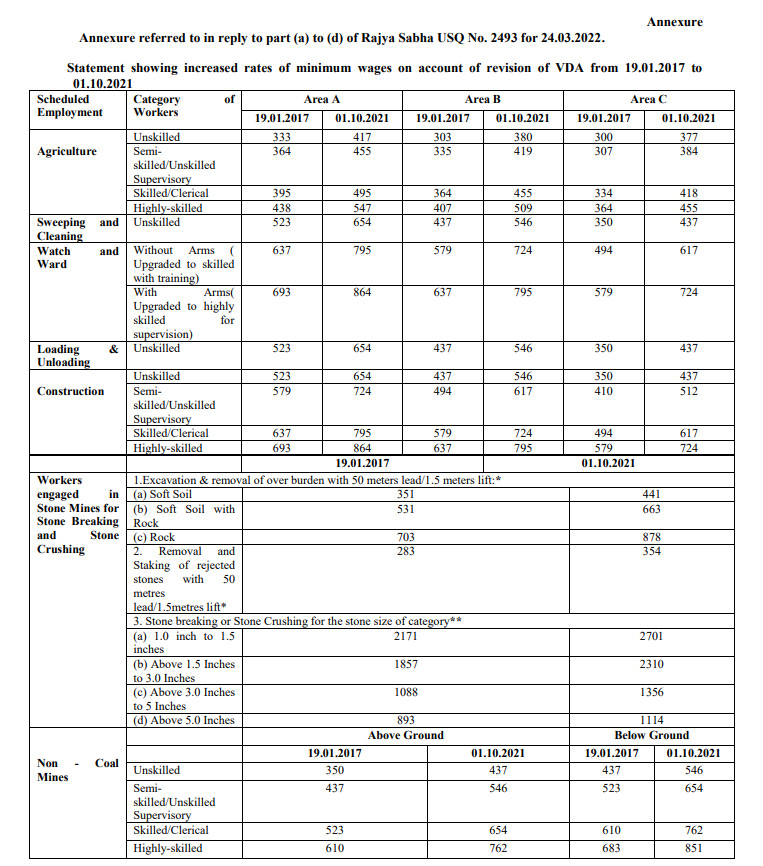Special recruitment drive for backlog vacancies – Rajya Sabha QAGOVERNMENT OF INDIAMINISTRY OF PERSONNEL, PUBLIC GRIEVANCES AND PENSIONS(DEPARTMENT OF PERSONNEL & TRAINING)RAJYA SABHA UNSTARREDQUESTION NO. 1889(TO BE ANSWERED ON 17.03.2022)SPECIAL RECRUITMENT DRIVE FOR BACKLOG VACANCIES1889 DR. ANBUMANIRAMADOSS:Will the PRIME MINISTER be pleased to state:(a) whether Government has details of total number of Group I, II, IV and other employees belonging to SC, ST, OBC, EWS and general category currently working in PMO, Central Secretariat...
Read More ->>







